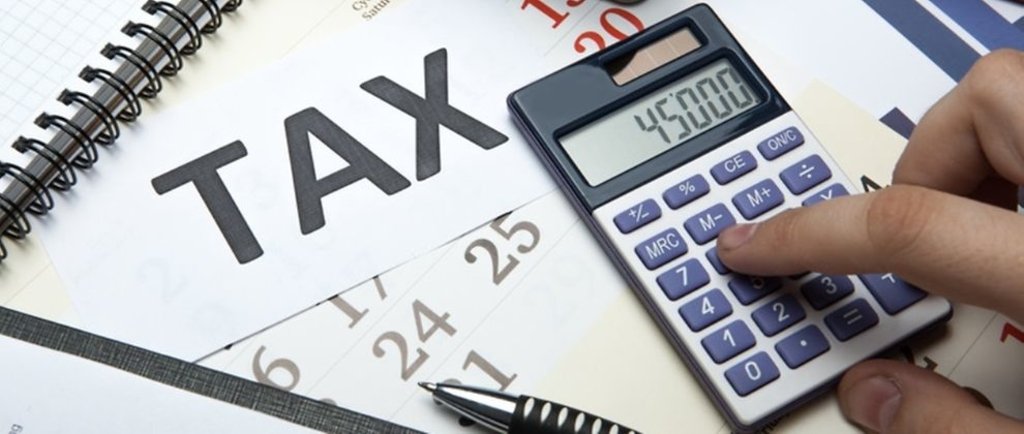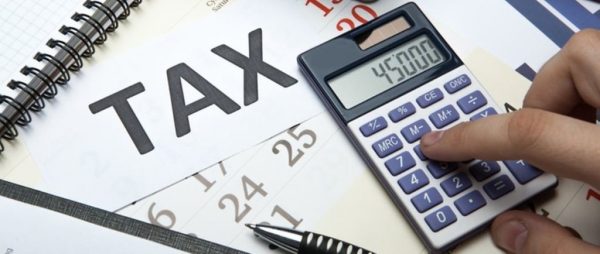Starting a business is an exciting journey filled with numerous challenges and opportunities. However, running a successful and sustainable business goes beyond just making sales, it ensures compliance with various regulatory and legal requirements. As an entrepreneur, it is important that you understand and ensure due compliance with these requirements. One such legal requirement is taxation. Taxation is one critical requirement that businesses must comply with. However, many entrepreneurs find this challenging. This is especially true in Nigeria, where the taxation system is very complex and confusing as there are different taxes imposed by the various levels of government – federal, state, and local government.
Read more about Business
This confusion often means that businesses do not pay tax at all or when they pay, they either overpay or underpay. But as the saying goes, “ignorance is not an excuse in the court of law”, no matter how confusing the tax system is, you have no excuse for not complying with the tax laws. This is why you should study the Nigerian tax system and see how it applies to your business. To help you get started, I have written this article to provide you with basic knowledge about the Nigerian tax system.
The Nigerian Tax Laws
In Nigeria, the tax system is structured to accommodate the three tiers of government: Federal, State, and Local. Each level has its own set of taxes, governed by specific laws and regulations. The major tax laws in Nigeria include the Personal Income Tax Act (PITA), Companies Income Tax Act (CITA), Value Added Tax Act (VAT Act), and the Petroleum Profits Tax Act (PPTA), among others. These laws outline the tax obligations for individuals and businesses, detailing what needs to be paid, when, and how.
Federal, State, and Local Government Taxes
Understanding the difference between Federal, State, and Local Government taxes is essential for compliance.
- Federal Taxes: These are taxes imposed by and are payable to the Federal Government. These include Companies Income Tax (CIT), Value Added Tax (VAT), Petroleum Profits Tax (PPT), and Customs and Excise Duties. The Federal Inland Revenue Service (FIRS) is responsible for collecting these taxes.
- State Taxes: Each state in Nigeria has the authority to impose taxes on individuals and businesses living and operating within its jurisdiction. Examples of state taxes include Personal Income Tax (PIT), which is administered by the State Boards of Internal Revenue (SBIR), and Capital Gains Tax. It is important to note that states through the various State Houses of Assembly can impose additional taxes as they deem fit.
- Local Government Taxes: Local governments also have the power to levy taxes and rates. These include Tenement Rates, Market Taxes, and Motor Park Levies. Local Government Authorities (LGAs) are responsible for collecting these taxes.
Sign up for the Connect Nigeria daily newsletter
Agencies Responsible for Tax Collection
The administration of taxes in Nigeria is overseen by various agencies set up by the various levels of government to do this. At the federal level, the Federal Inland Revenue Service (FIRS) is responsible for collecting taxes accruing to the Federal Government of Nigeria. Various State Boards of Internal Revenue (SBIR) exist to collect taxes for each state government. On the other hand, Local Government Authorities (LGAs) have various committees or offices responsible for collecting local taxes and levies.
How to File Your Taxes
Filing taxes in Nigeria involves several steps:
- Registering your business with the appropriate tax authorities, including the FIRS and the relevant State Board of Internal Revenue is the first step to paying your tax.
- Ensure you maintain accurate financial records, including income, expenses, and tax-deductible items. This is important for accurate tax computation and filing.
- Calculate your tax liability based on the applicable tax rates and your business’s financial records. When done, file your tax returns to the relevant tax authorities.
- Payment of Taxes: Pay the calculated tax liability to the appropriate tax authority within the stipulated deadlines to avoid penalties.
Penalties for Not Filing Taxes
Failure to comply with tax laws in Nigeria can result in severe penalties, including:
- Fines: Non-compliance attracts fines, which vary depending on the tax type and the nature of the offence. For instance, failing to file VAT returns can result in a fine of N50,000 for the first month of default and N25,000 for subsequent months.
- Interest on Unpaid Taxes: Late payment of taxes incurs interest charges on the outstanding amount. The interest rate is usually specified in the relevant tax laws.
- Legal Action: Persistent non-compliance can lead to legal action, including prosecution and imprisonment.
- Business Disruption: The tax authorities can seal business premises for non-compliance, disrupting operations and affecting business reputation.
Register to attend the CN Business Mixer
Concluding Thoughts
Understanding taxation is vital for every entrepreneur in Nigeria. It ensures compliance with the law, avoids penalties, and contributes to the country’s development. By familiarizing yourself with the various tax laws, keeping accurate records, and timely filing your taxes, you can focus on growing your business without legal repercussions. It is important also to note that paying taxes is not just a legal obligation but a civic duty.
Got a suggestion? Contact us: [email protected]


